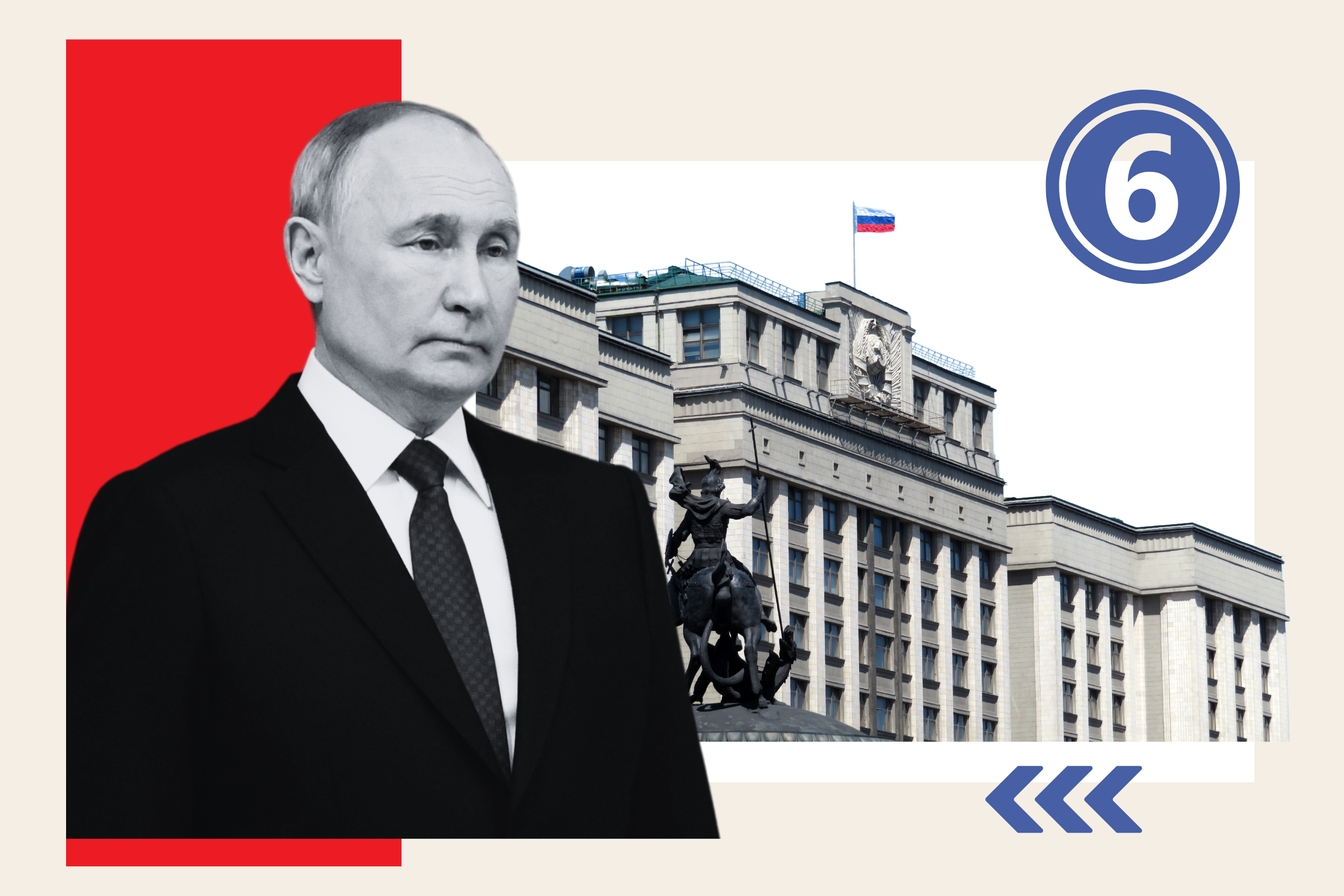/tpg%2F03d5d3a4-ae4c-45f9-8c4e-a4dd4cccee91.jpeg)

In a bid to bolster the economy and support families during the upcoming New Year holiday, Russian Prime Minister Mikhail Mishustin announced a series of economic initiatives on December 15, 2024. These initiatives, which will be in effect from December 29, 2024, to January 8, 2025, include over 18 billion rubles allocated for auto crediting and leasing programs aimed at stimulating the automotive industry. Additionally, discounts of up to 25% will be offered to medical personnel, teachers, and individuals with disabilities, while buyers of electric vehicles can benefit from savings of 35% [f6f7a321].
This announcement comes as President Vladimir Putin has been outlining his plans for Russia's future, focusing on budget priorities until 2030, which include significant investments in infrastructure and social programs. Putin aims to raise life expectancy in Russia to 78 by 2030, with a proposed spending of 15 trillion rubles ($164 billion) on healthcare facilities and services [b7cbbbcc].
However, the economic initiatives announced by Mishustin also reflect the government's response to the ongoing challenges posed by Western sanctions and the need to maintain public support amid these pressures. Experts predict that vehicle prices are expected to rise by 25% by 2025, indicating a potential strain on consumers despite the government's efforts to provide financial relief [f6f7a321].
Moreover, social housing efforts are being ramped up, with the distribution of 169 apartments to vulnerable families in North Kazakhstan, highlighting the government's commitment to addressing housing issues. Legal expert Vadim Vinogradov has emphasized the importance of protecting workers' rights during the holiday season, further illustrating the government's focus on social welfare amidst economic challenges [f6f7a321].
As Putin continues to assert that Russia's economy is growing despite sanctions, the balance between military spending and social welfare remains a contentious issue. Critics argue that the focus on defense may detract from essential social programs, raising questions about the sustainability of these economic support initiatives in the long term [b7cbbbcc].